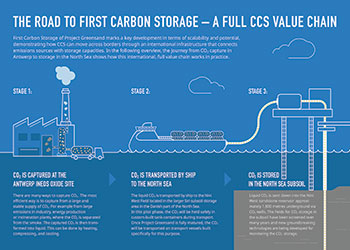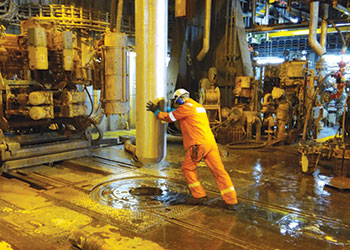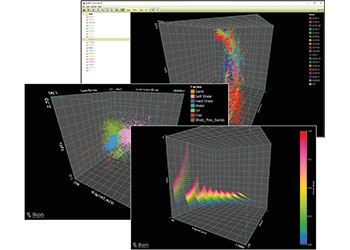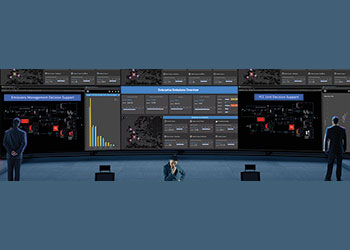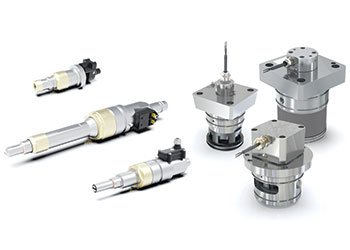

Mitsubishi Heavy Industries Engine & Turbocharger (Mhiet) has launched a new natural gas engine cogeneration system with generation output of 2,000 kilowatt (kW).
The SGP M2000 package encloses a 16-cylinder natural gas-fired engine modeled G16NB that boasts electrical efficiency of 44.3 per cent, the highest level in the world for a 2,000 kW-class, and makes a cogeneration system in a compact packaging.
Compared to Mhiet's existing 1,000 kW gas engine cogeneration system, SGP M2000's electrical efficiency is 1.8 percentage point higher, which means CO2 emission rate involved in power generation is less. It also features compactness.
SGP M2000 is able to give twice as much output as Mhiet's existing cogeneration system with an engine of the same displacement, which led to reducing the footprint by 40 per cent.
The compactness allows the SGP M2000 to be installed in limited spaces such as buildings in urban areas where installation of large facility has conventionally been difficult.
To date, SGP M2000 have accumulated more than 50,000 running hours on multiple units in total, including one at Mhiet's private power plant in Sagamihara premises. From these units, constant performance throughout the year and adequate reliability have been verified.
G16NB was originally developed in a project supported by New Energy and Industrial Technology Development Organisation (NEDO).
The electrical efficiency for a 2,000kW natural gas engine was achieved via variety of new technological approaches such as by means of steel pistons for increased max cylinder pressure, improved fuel combustion in Miller cycle by 2-stage turbocharging system, and optimum control of ignition timing for each cylinder.
A cogeneration system is one of the distributed energy resources (DER) to be further promoted towards carbon neutrality as it is energy-saving and gives less impacts on the environment. It can also help stabilise fluctuation in grid voltage caused by the power generated from renewable sources.
In addition, it can respond to blackouts after natural disasters. Therefore the demand towards cogeneration system is expected to further grow from the viewpoint of disaster resilience.
Also, it can obtain Nippon Engine Generator Association (NEGA) approval for open-type system as it can start within 40s and accept loads.







































































